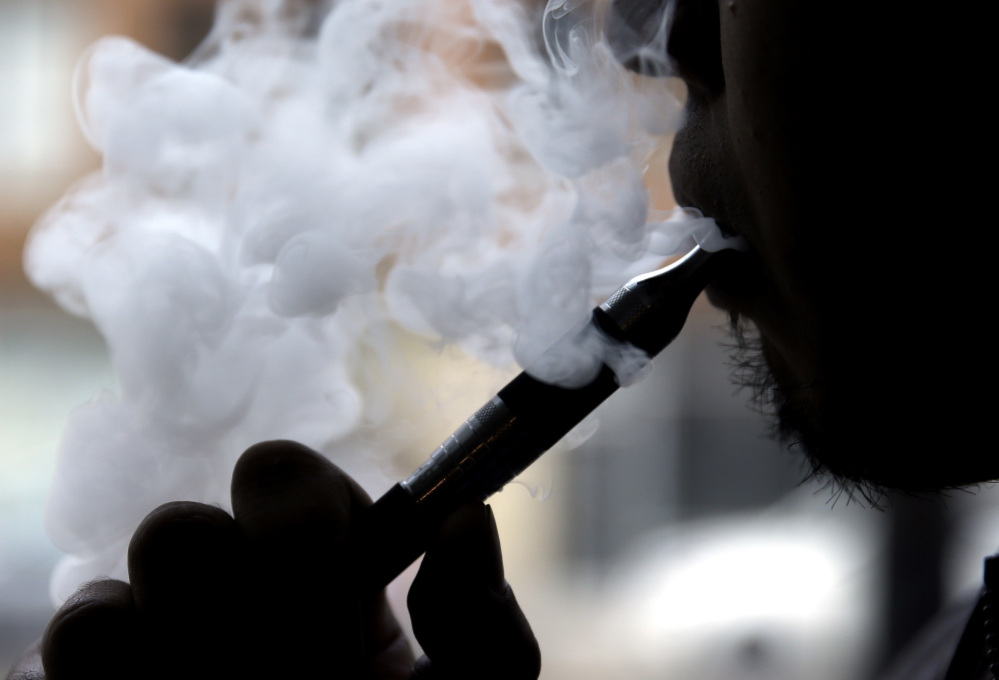RALEIGH, N.C. — Shareholders of British American Tobacco and Reynolds American Inc. approved a merger Wednesday that would create the world’s largest publicly traded tobacco company.
The shareholders agreed to London-headquartered BAT’s purchase of the 57.8 percent of Reynolds it does not already own, effective next week. Each Reynolds share would convert to $29.44 in cash and 0.5260 BAT shares.
The $49 billion cash-and-stock offer announced in January valued each Reynolds share at $59.64, up from $56.50 offered in October. The price is nearly 40 percent above the value of Reynolds shares before the October offer, BAT said in a disclosure to U.S. securities regulators.
“We look forward to welcoming Reynolds group employees to British American Tobacco and to realizing the benefits of operating these two great companies as one stronger, global tobacco and Next Generation Products business,” BAT Chief Executive Nicandro Durante said in a prepared statement.
Here’s a look at the companies and the takeover:
THE IMPACT
The takeover is the latest in the string of consolidations that has seen the number of cigarette companies shrink this century. The deal gives BAT greater access to the U.S. market, where cigarette prices and taxes are low relative to consumer incomes but the customer base is shrinking. The combined company gains strength to increase sales in developing countries, where health restrictions aren’t as strict. The combination also improves the sales push of vapor and nicotine replacement products and development of other new products.
BAT projects saving at least $400 million a year through cost-cutting of corporate operations, increased purchasing power and other supply-chain efficiencies. BAT also expects to add about $38 billion of debt with the acquisition on top of nearly $22 billion at the end of last year, the company said in a securities filing last month.
THE BRANDS
BAT sells Dunhill, Rothmans, Kent, Benson & Hedges and Lucky Strike cigarettes. The company said its cigarettes reach about 12 percent of the world’s 1 billion smokers. The company also sells roll-your-own cut tobacco, snus, cigars, and vapor products.
Reynolds, based in Winston-Salem, North Carolina, is the second-largest U.S. cigarette company and owns the Camel and Pall Mall cigarette brands. Reynolds estimates that about half of its consolidated net sales last year were from menthol cigarettes, driven by segment-leader Newport. The company also sells smokeless tobacco, Natural American Spirit cigarettes and nicotine replacement products.
ORIGIN STORIES
British-American Tobacco was established in 1902 and spread across the former British Empire, including India and East Africa.
Reynolds traces its roots to 1875, when Richard Joshua Reynolds started a chewing tobacco company in the city that has been its headquarters ever since. The takeover marks an end for what became R.J. Reynolds Tobacco, which stamped its home state of North Carolina as a center during a bygone era of smoking’s popularity through its Winston and Salem brands.
The company’s links with British American Tobacco date to 2004, when R.J. Reynolds Tobacco Co. merged with BAT’s Brown & Williamson unit, creating Reynolds American. The two companies already have a technology-sharing agreement in the development of electronic cigarettes.
Send questions/comments to the editors.



Success. Please wait for the page to reload. If the page does not reload within 5 seconds, please refresh the page.
Enter your email and password to access comments.
Hi, to comment on stories you must . This profile is in addition to your subscription and website login.
Already have a commenting profile? .
Invalid username/password.
Please check your email to confirm and complete your registration.
Only subscribers are eligible to post comments. Please subscribe or login first for digital access. Here’s why.
Use the form below to reset your password. When you've submitted your account email, we will send an email with a reset code.